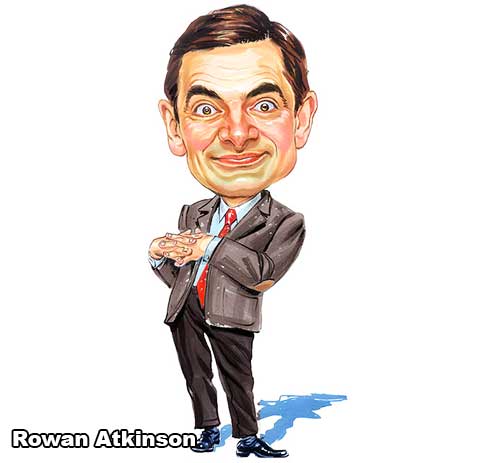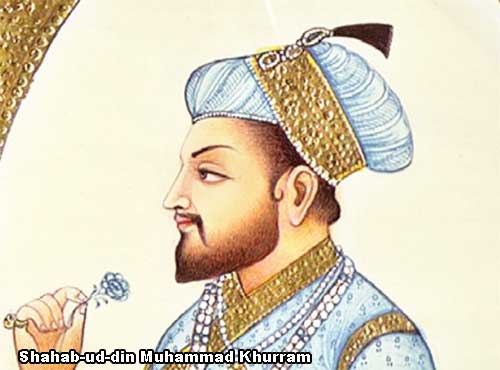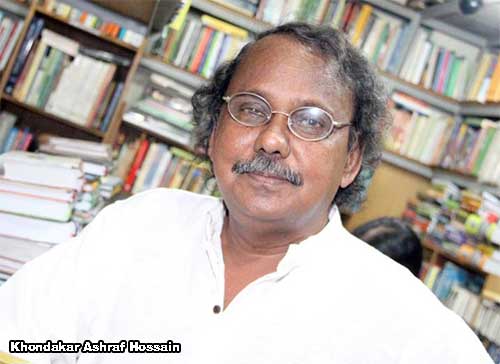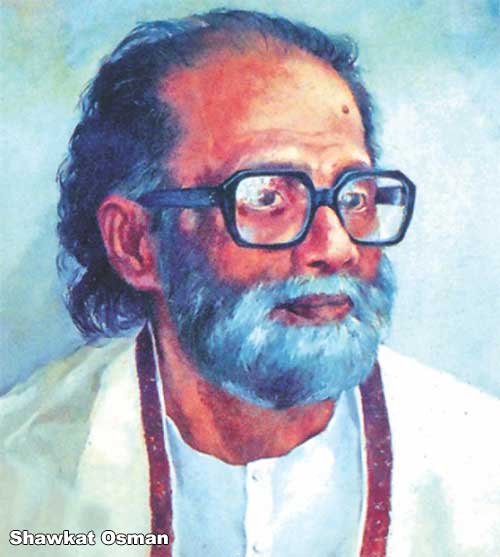
Dr. Muhammad Yunus, a Nobel Peace Prize laureate, is widely recognized for his groundbreaking work in microfinance and social business. Born on June 28, 1940, in Chittagong, Bangladesh, Dr. Yunus has dedicated his life to combating poverty through innovative economic and social initiatives that have had a global impact.
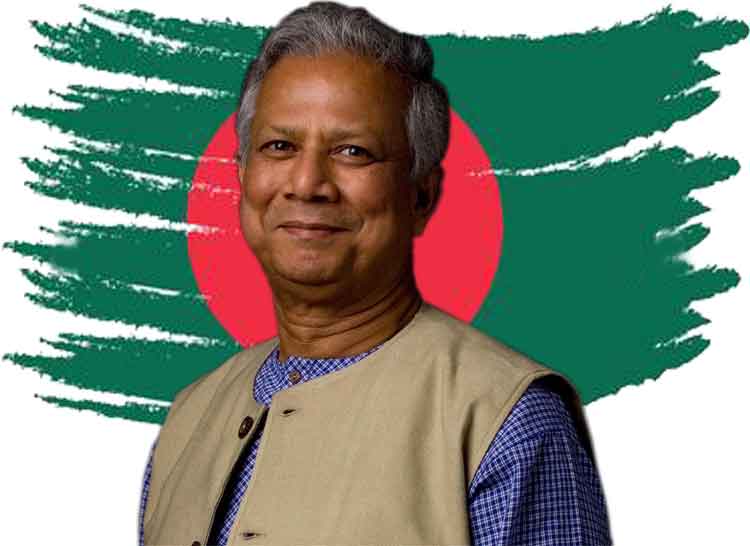
The Birth of Microfinance
Dr. Yunus's journey into microfinance began in the mid-1970s during a devastating famine in Bangladesh. While teaching economics at Chittagong University, he was deeply moved by the suffering around him. Determined to make a difference, Dr. Yunus initiated an experimental project by lending small amounts of money to poor women in the village of Jobra. These women had no access to traditional banking services and used the loans to start or expand small businesses, improving their economic conditions.
This small experiment laid the foundation for the Grameen Bank in 1983. The bank, which means "rural" or "village" in Bengali, was designed to provide microloans to the poorest poor without requiring collateral. The Grameen Bank model proved that even the most impoverished individuals could be financially responsible and capable of repaying loans. This concept revolutionized the banking industry and inspired the global microfinance movement.
Nobel Peace Prize and Global Recognition
In 2006, Dr. Yunus and the Grameen Bank were jointly awarded the Nobel Peace Prize for their efforts to create economic and social development from below. The Nobel Committee praised Dr. Yunus for his work in empowering the poor, particularly women, by giving them access to credit and encouraging entrepreneurship. The award brought international recognition to microfinance as a powerful tool for poverty alleviation.
Pioneering Social Business
Beyond microfinance, Dr. Yunus is also known for pioneering the concept of social business. Unlike traditional profit-maximizing businesses, social businesses are designed to address social problems while being financially self-sufficient. Profits generated by social businesses are reinvested to further their social missions rather than being distributed to shareholders.
Dr. Yunus has launched numerous social business ventures in areas such as healthcare, education, and agriculture in Bangladesh and worldwide. His approach to business has influenced countless entrepreneurs and organizations, encouraging a shift towards more ethical and socially responsible business practices.
Challenges and Controversies
Despite his many achievements, Dr. Yunus has faced challenges and controversies. In 2011, the Bangladesh government removed him from his position as managing director of the Grameen Bank, a move that sparked widespread criticism from the international community. However, Dr. Yunus remains a leading voice in the fight against poverty and actively promotes social business and microfinance initiatives.
Legacy and Impact
Dr. Muhammad Yunus's contributions to poverty alleviation and social entrepreneurship have left an indelible mark on the world. His innovative ideas have lifted millions from poverty and provided a blueprint for sustainable development. As a visionary leader, Dr. Yunus continues to inspire individuals and organizations to pursue social change through innovative and compassionate approaches.
His legacy as the father of microfinance and a champion of social business will undoubtedly continue to influence future generations in pursuing a more equitable and just world.
#Dr_Muhammad_Yunus #Nobel_Peace_Prize #Microfinance

